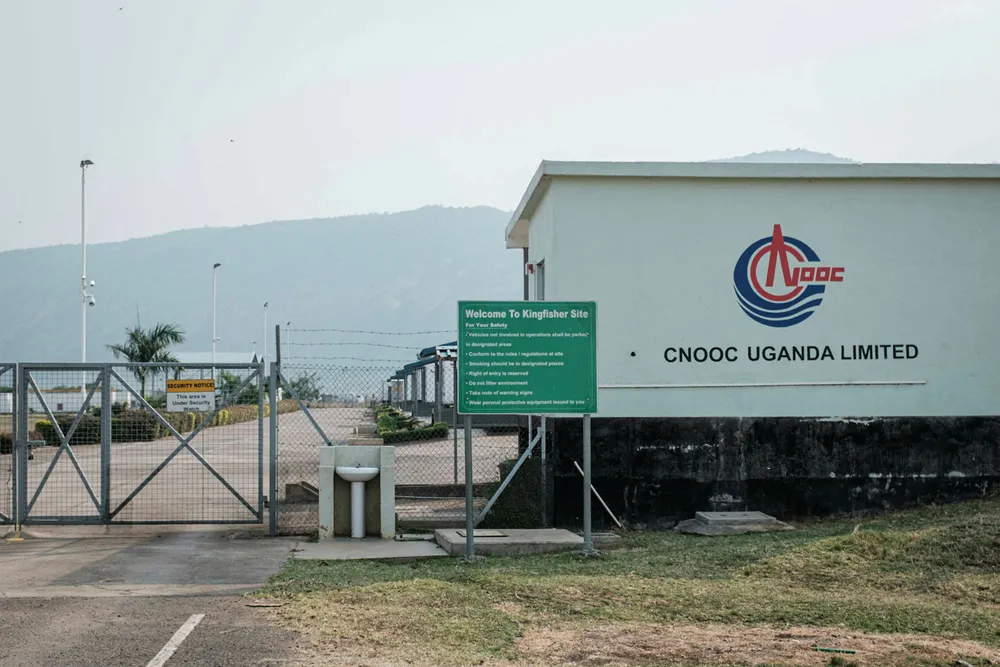CNOOC holding back over Kingfisher award in Uganda
All-Chinese group still waits on Uganda award, one year after being recommended as operator's favoured bidder

All-Chinese group still waits on Uganda award, one year after being recommended as operator's favoured bidder
